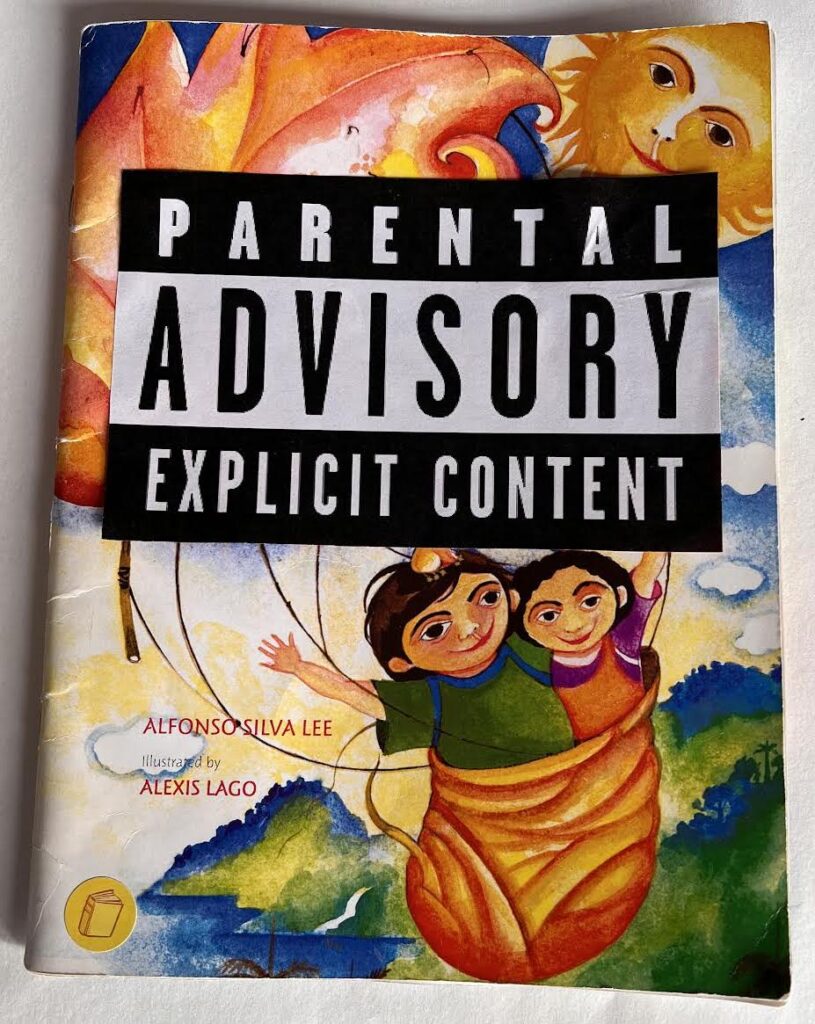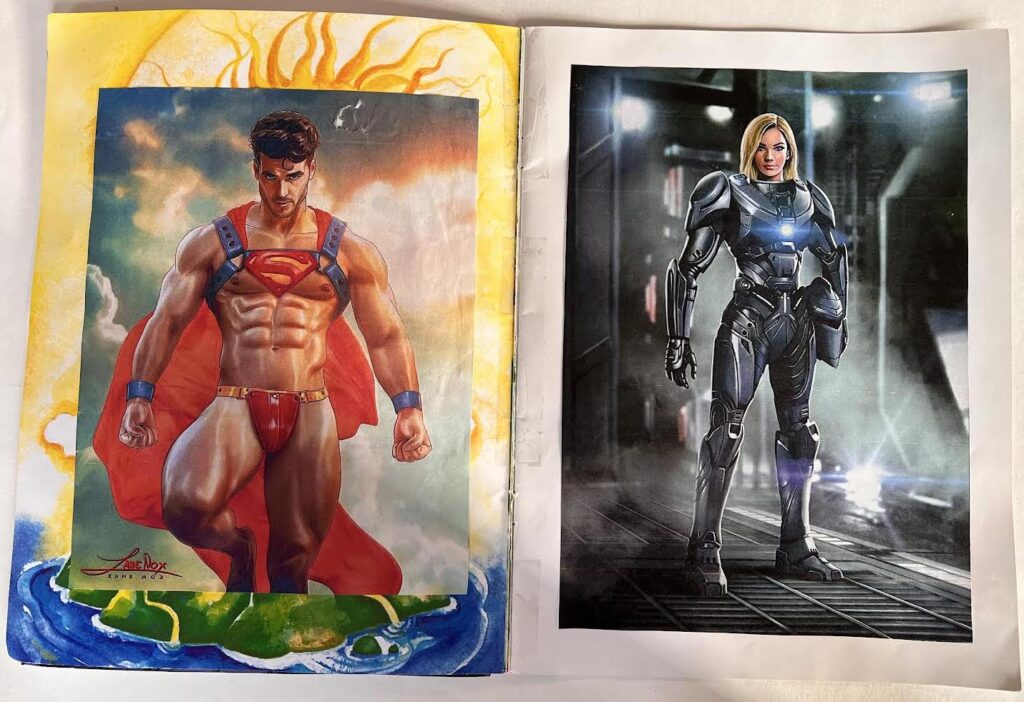My project is a satirical commentary on the harmful stereotypes and lack of proper representation portrayed in fictional / supernatural media such as comic books. For many decades, comic books, movie adaptations and societal concepts of superhero figures have pushed forward ideas of toxic masculinity, misogyny, homophobia and racism. Although there have been attempts to curb this bad reputation, large production companies have failed to properly represent a number of minority groups. With any steps to improve this pattern, fanbases have reacted with all kinds of backlash and hate reviews that only perpetuates the idea that things have to stay a certain way.
The Marvel Cinematic Universe, for example, has made recent attempts to include more diversity into its films as well as casting a greater number of women to play lead roles in upcoming projects. However, fans have reacted by review-bombing movies and shows such as Mrs. Marvel, She-Hulk and Captain Marvel before their release dates. These critics renamed the franchise with a hashtag “M-She-U” on multiple social media platforms in order to mock this new shift.
Similarly, these corporations have failed to produce any representation of same-sex relationships for fear of negative feedback and bad ratings. In 2002, Marvel rebooted The Rawhide Kid comic that focused on a homosexual superhero who was not originally written as gay. The release sparked a large amount of controversy and the cover had to be marked with a warning for “explicit content.” Meanwhile after twenty-two movies, Marvel finally introduced its first gay character in a brief cameo–by an irrelevant extra who plays no other role in the story line. These minimal seconds of screen time, though, were a revolutionary change that unleashed a wave of outrage from viewers across the globe.
Marvel also has had a history of racism. Apart from ignorant and outdated comics, its film directors have been known to hire far more white people to play lead roles than anyone else. It took fifteen movies before the first person of color played a lead role in the debut of Black Panther. Besides that, BIPOC are often cast as sidekick / supporting characters to the more popular white characters. An article in Time magazine noted, “For 10 years, more white men named Chris headlined Marvel movies than women and actors of color combined.” It’s an upsetting yet amusing observation that sums up Marvel’s casting choices and where their focus is on when it comes to telling fictional stories.
My project serves as a compilation of findings in an amplified, more noticeable way. Despite the research I have done, a majority of these scandals have been overlooked and many fans, directors, and actors alike fail to grasp the concept of the bias towards straight white men. By emphasizing some of the most ridiculous aspects and comparing them to real, previously-published comics, people may begin to recognize the issue and where it starts. Marvel is just one example of a well-known franchise that is guilty of this; however, DC Comics and all kinds of other fictional worlds have contributed to an injustice that’s embedded in our society. While it is acceptable to still forgive and enjoy the newly produced media from these corporations, we must recognize and speak on their histories, in order to learn and grow from them.


To view the digital content of “[Explicit Content],” click on this hyperlink.
